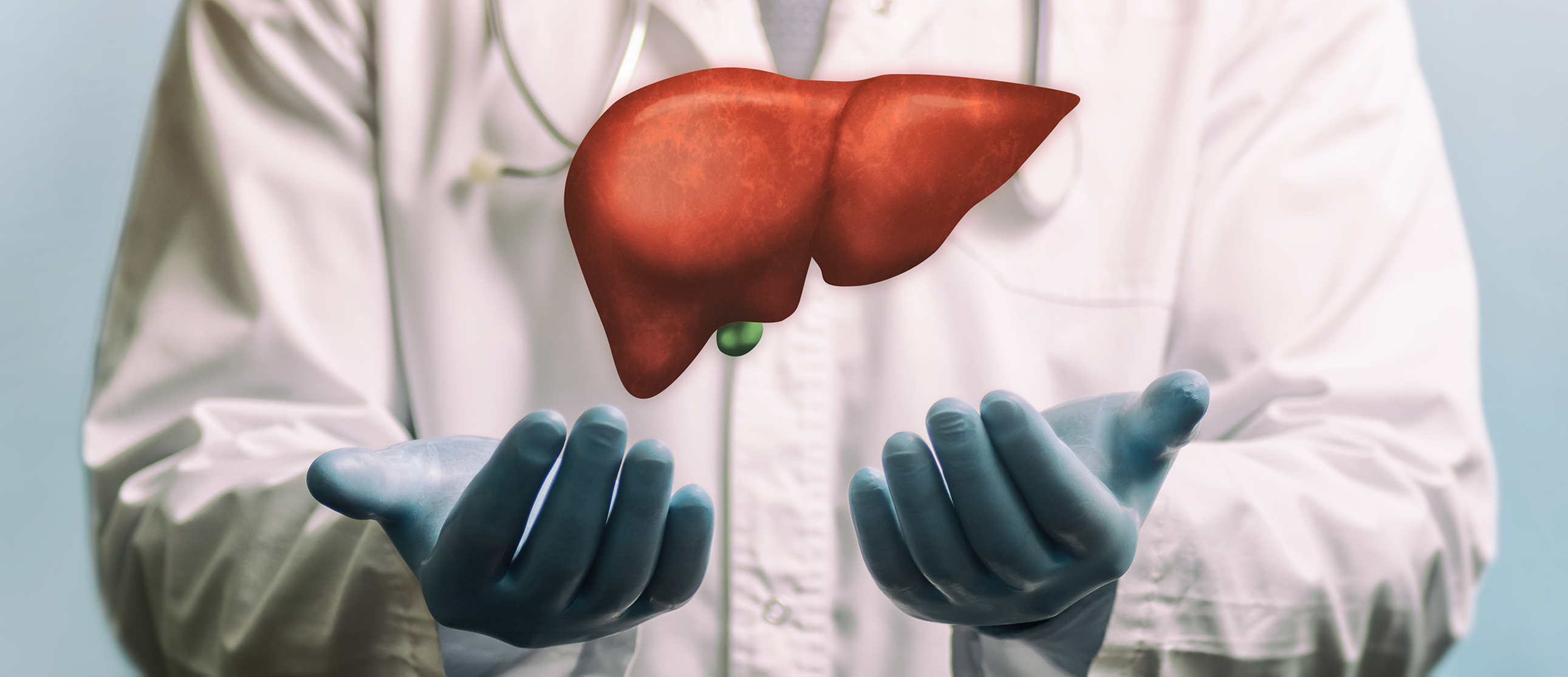
Until today, liver transplant is the only effective method of managing end-stage liver failure or disease. Medication may help relieve symptoms occurring at various stages of chronic liver failure, but medication by itself may not be able to completely resolve liver failure if the damage is irreversible.
Liver transplant surgery is recommended for patients with end-stage liver disease or liver failure, and for selected patients with liver cancer. During liver transplant surgery, the damaged liver is completely removed and replaced by a transplant of a healthy liver or parts of a healthy liver. This is taken from a deceased or living donor.
Patients suffering from liver failure or liver cancer can be managed with liver transplant surgery.
Acute Liver Failure
Liver transplant surgery is considered a life-saving and time-dependent treatment for patients with acute liver failure. This is because of the life-threatening symptoms and signs that quickly develop with this condition, such as encephalopathy (coma) and jaundice.
Chronic Liver Failure
Liver transplant surgery is very helpful for patients with chronic liver failure. However, unlike patients with acute liver failure; chronic liver failure tends to last for months or even years because it generally results from cirrhosis of the liver, which is caused by frequent liver injuries. For this reason, chronic liver failure patients have less priority compared to acute liver failure patients in the waiting list of liver donors.
Liver Cancer
Selected liver cancer patients can be managed with liver transplant. The best candidates are those with liver cancer of size less than 5cm, not having more than 3 nodules and no evidence of invasion into blood vessels.
Patients who undergo liver transplant surgery may generally experience several complications, including:
Liver transplant surgery patients need to take immunosuppression medication to prevent rejection of the transplanted liver. They also need to take anti-microbial medication, which helps prevent infections that may occur when the immune system is compromised.
Generally, patients can undergo liver transplant surgery if their health status is capable of handling previously mentioned side effects (should they occur). In addition, according to University of California San Francisco, listed below are several examples of patients that are not suitable for liver transplant surgery.
Liver transplant survival rates generally depend on the health condition of both the patient and the transplanted liver. The expectation is that about 70% of patients who undergo liver transplant surgery will live up to 5 years or more. This means the survival rate of liver transplant in every 100 patients is 70, while the remaining 30 may not live beyond 5 years of surgery.
Complications of the liver transplant surgery may be divided into 2 groups. The first group may occur during and/or after the surgery, including bleeding, rejection of the transplanted liver, higher possibility of blood clotting, and bacterial infections, in addition to other complications of the biliary system. Another complication that may occur after surgery is that the healthy transplanted liver may not work properly.
The second group of complications that may result from liver transplant surgery include diarrhea, diabetes, and osteoporosis, which are side effects of administering anti-rejection medications.
Do discuss the option of liver transplant with your doctor. Some patients with end-stage liver disease or liver cancer may be good candidates for liver transplant
For a personalized assessment, contact our clinic at 6737 8878 or drop us a message here.
Your welfare is our priority and we will be in touch with you soon.